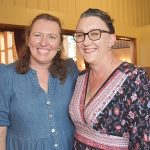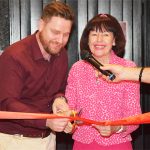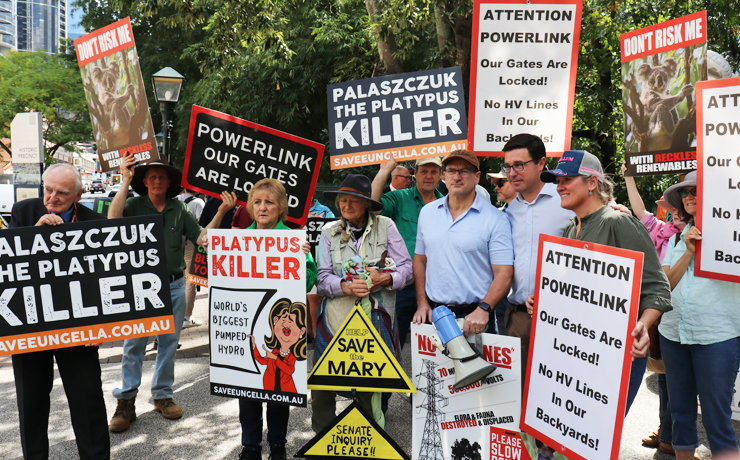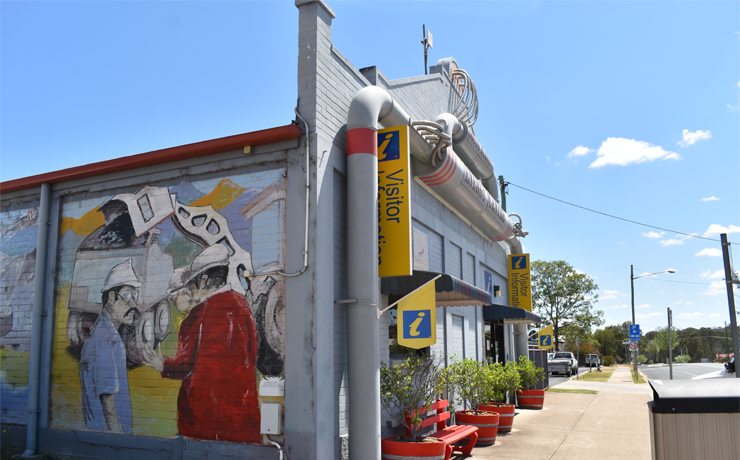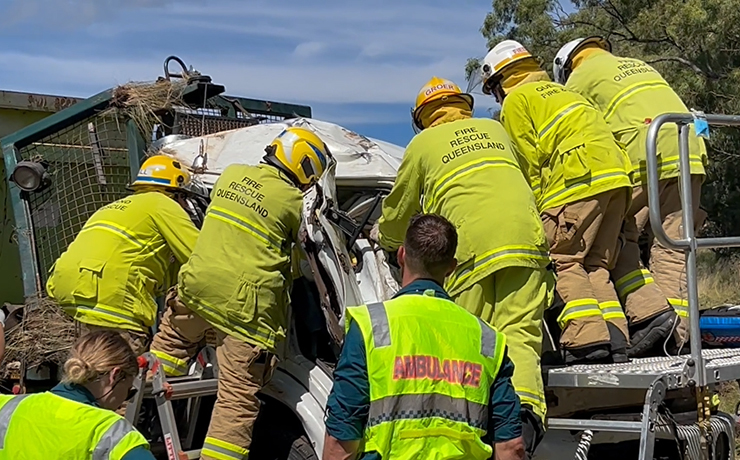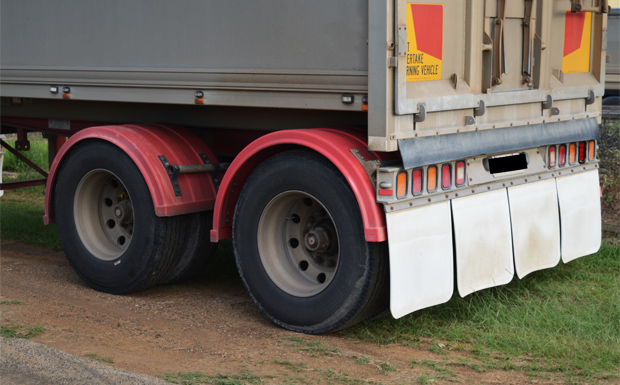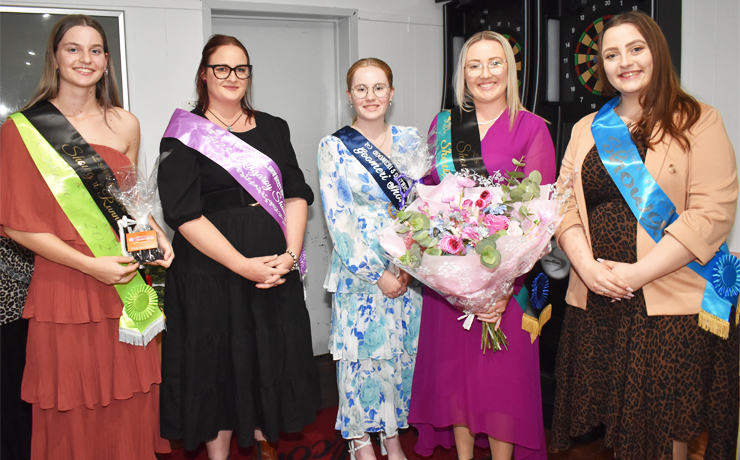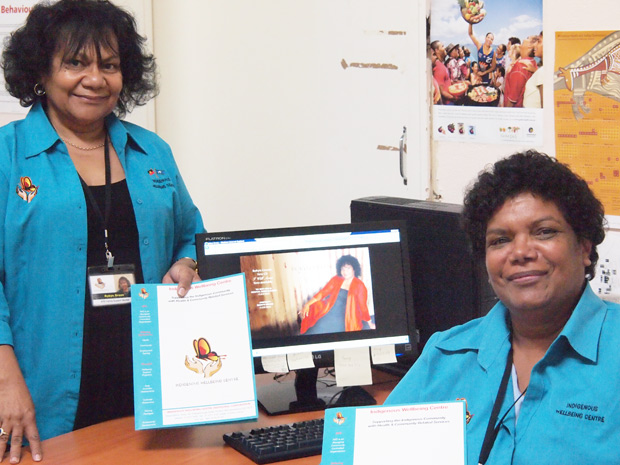
|
June 28, 2012
By Marcus Priaulx
When Robyn Green rocks up to see the struggling South Burnett families she’s been assigned to help, many recognise her.
This is because her gospel albums have been sold worldwide and she has sung in the Sydney Opera House.
An amazing 1.4 million people saw her perform when she sang on the BBC’s “Songs of Praise” TV show during the Sydney Olympics.
Now Robyn works with Maylene McAleer at the Indigenous Wellbeing Centre in Murgon to help struggling South Burnett families better themselves and live as a happy unit.
“At the end of the day it’s all about how we can help parents look after their children in a safe and happy environment,” Robyn said.
Nearly all of Robyn and Maylene’s clients make the necessary turnaround.
The women have positive conversations and set the families achievable goals.
By doing a number of small things, struggling parents often make a huge positive difference to their lives.
“If we keep pointing to their problems they become insurmountable,” Robyn said.
“But if you lift people up and give them a guiding hand you give them a chance to better themselves. They start to think somebody believes in them and look at trying to improve their health and well-being.”
Maylene said it was important for Indigenous people to recognise what their Elders went through and take hold of the opportunities now available to Aborigines and Torres Strait Islanders.
“If you talk to the Elders they always mention the Stolen Generation,” she said.
“It runs deep within them. Nowadays we have a choice to better ourselves.
“Our aim is to help people do that; keep them together as a family living happily together.
“The aim is to achieve positive outcomes.”







